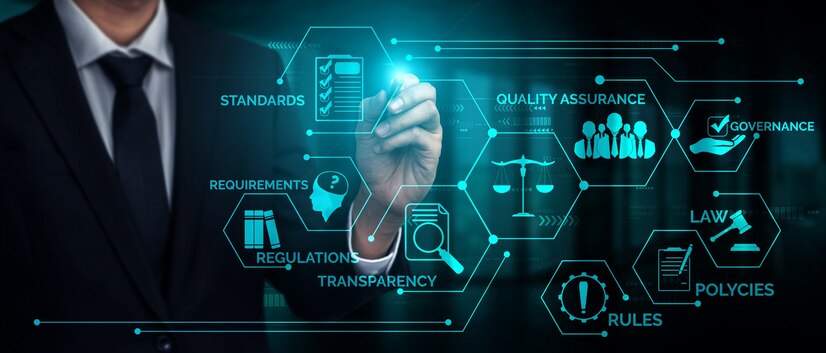The Latest Advancements in Artificial Intelligence (AI) in 2024
AI technology continues to evolve rapidly, driving innovation across industries and creating profound societal and economic impacts. Here are some of the key advancements and trends in AI as of 2024:

1. Generative AI and Multimodal Models
Generative AI has expanded beyond text-based applications to incorporate multimodal capabilities, allowing integration of text, speech, and images. These systems enable more personalized and context-aware solutions, such as improved customer support and financial decision-making by analyzing multiple data streams simultaneously. Businesses are increasingly customizing or developing proprietary models tailored to their specific needs for enhanced precision and value creation
2. Open Source AI Models
The rise of open-source AI models is democratizing access to cutting-edge technologies. For example, IBM’s collaboration with NASA has led to a groundbreaking geospatial AI model that supports climate research, deforestation monitoring, and crop yield predictions. This trend highlights the potential of AI in addressing global challenges like climate change.
3. AI in Business Operations
AI tools are being integrated into workflows to improve productivity, decision-making, and strategic planning. Common applications include:
- Supply Chain Optimization: Predictive analytics and real-time insights are enhancing inventory management and logistics.
- Customer Interaction: Intelligent assistants are providing personalized support, reducing response times and improving customer satisfaction.
- Project Management and Collaboration Tools: AI-driven platforms like Asana and Fireflies streamline communication and task prioritization.
4. Ethics and Governance in AI
With AI’s growing influence, the focus on ethical development and deployment has intensified. Regulatory frameworks, such as the European Union’s AI Act, aim to ensure transparency, accountability, and safety. Organizations are also addressing risks such as data privacy, intellectual property concerns, and potential inaccuracies in generative AI outputs.
5. Industry-Specific Applications
AI is reshaping sectors like healthcare, finance, and energy. For instance:
- In healthcare, AI assists in diagnostics, personalized treatment plans, and drug discovery.
- In energy, AI optimizes resource use and integrates renewable energy sources.
- In retail, AI-driven analytics enable targeted marketing and efficient inventory management.
Challenges and the Road Ahead
While AI offers transformative opportunities, it also presents challenges, including:
- Addressing biases in AI models.
- Balancing automation with workforce dynamics.
- Ensuring cybersecurity and data integrity.
Organizations that embrace responsible AI practices and invest in AI literacy for their workforce are likely to stay ahead in leveraging its full potential.
The future of AI is marked by collaboration between humans and machines, aiming to enhance human capabilities while addressing pressing global issues. As these technologies mature, their impact will only grow, influencing industries and everyday life on an unprecedented scale.
